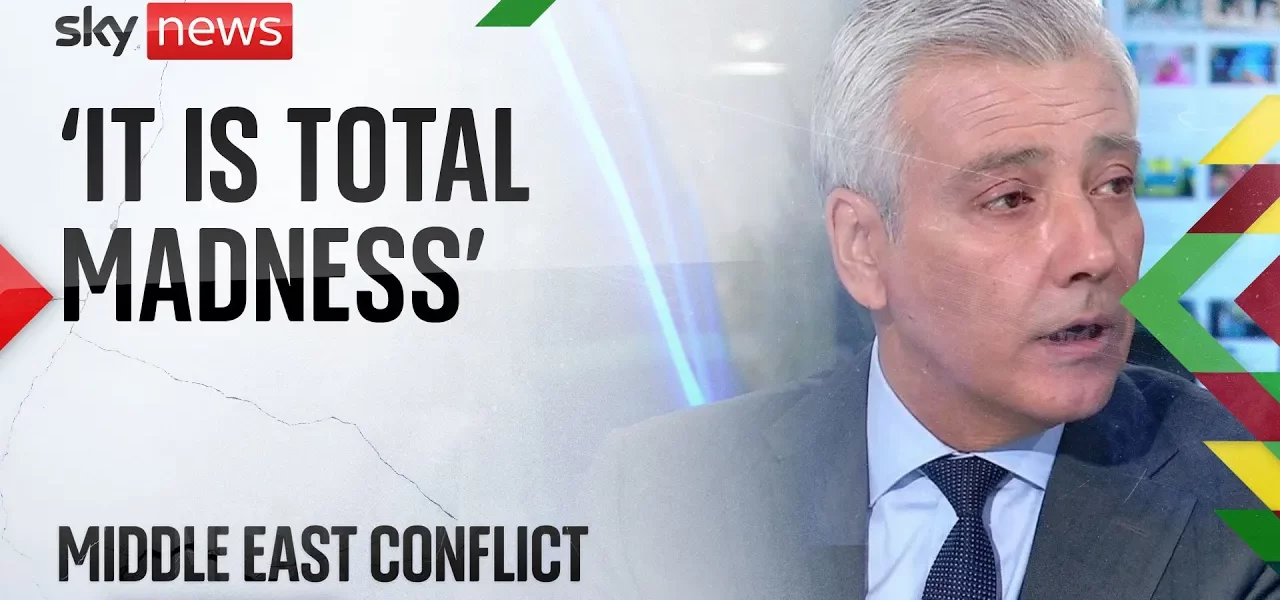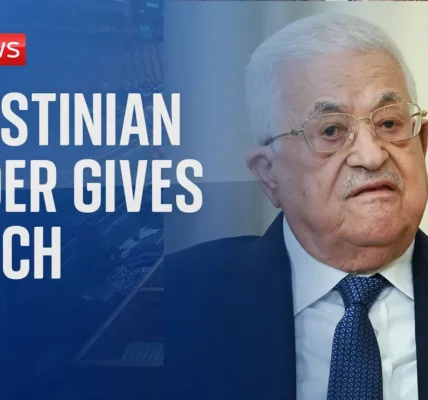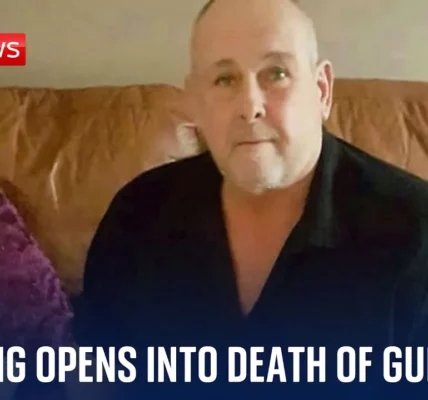The Humanitarian Crisis in Lebanon: An Urgent Call for Diplomacy

This article explores the devastating humanitarian crisis in Lebanon, analyzing the civilian toll, the geopolitical dynamics involving Hezbollah and Israel, and the pressing need for a diplomatic resolution to ensure regional stability.
Introduction
The ongoing conflict in Lebanon has reached alarming levels, with over one million people displaced and a significant humanitarian crisis looming. As airstrikes and ground invasions persist, the plight of civilians in the country has become increasingly dire. This article delves into the current situation, examining the implications of the conflict, the positions of various stakeholders, and the potential pathways to peace.
The Humanitarian Toll
The civilian toll in Lebanon is staggering. The United Nations reports that more than one million individuals have been displaced, with many fleeing to neighboring Syria, a country often perceived as a conflict zone itself. This shift highlights the severity of the situation in Lebanon, where the humanitarian crisis is unfolding rapidly.
Current Conditions
Every day, news footage reveals the harsh realities of life in Lebanon:
- Destruction of infrastructure
- Lack of access to basic necessities such as food, water, and medical care
- Psychological trauma among survivors, especially children
International Response
As the crisis escalates, the international community has begun to respond. However, the efforts have been inadequate compared to the scale of the crisis. Aid organizations are calling for:
- Increased humanitarian aid to address the immediate needs of displaced individuals.
- Support for local NGOs working on the ground.
- Pressure on governments to seek a peaceful resolution to the conflict.
The Role of Hezbollah and Regional Politics
Hezbollah’s involvement in the conflict has been a focal point of the crisis. The group’s actions along the Lebanese-Israeli border have escalated tensions and led to military responses from Israel.
Historical Context
The conflict traces back to long-standing grievances:
- Hezbollah’s rationale for its military actions stems from perceived injustices against Palestinians.
- The group’s previous restraint since the cessation of hostilities in 2006 was interrupted by the recent violence.
Current Military Engagements
With airstrikes continuing and a ground invasion underway, the situation is precarious. Key points to consider include:
- The potential for widespread casualties among civilians.
- Increased refugee flows into already burdened neighboring countries.
- The possibility of broader regional conflict if tensions escalate further.
Calls for Diplomacy and Resolution 1701
In light of the ongoing violence, the Lebanese government has reiterated the importance of returning to diplomatic efforts, particularly through the framework established by United Nations Security Council Resolution 1701.
Importance of Resolution 1701
This resolution successfully maintained peace along the Lebanese-Israeli border for over 15 years. The key components include:
- Deployment of UN peacekeeping forces.
- Measures for cross-border security and conflict prevention.
- A framework for addressing grievances between the nations involved.
International Community’s Role
The call for a diplomatic solution is echoed by various international players, including:
- The United Kingdom, advocating for a ceasefire.
- The United States, emphasizing the need for a peaceful resolution.
- Other nations urging Israel and Hezbollah to engage in dialogue.
Conclusion
The humanitarian crisis in Lebanon necessitates immediate action from both local and international stakeholders. The suffering of civilians cannot be ignored, and the only viable path forward is through diplomacy and cooperation. As the Lebanese government seeks to facilitate a ceasefire and promote dialogue, it is crucial that the international community supports these efforts. Only through a collective commitment to peace can the region hope to avoid further escalation and restore stability.
We urge readers to stay informed and advocate for humanitarian support and diplomatic solutions in Lebanon and the broader region. For more information on the situation and how to help, visit our related articles on humanitarian crises and international diplomacy.
“`




